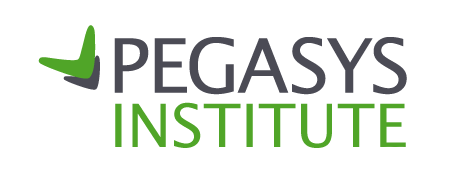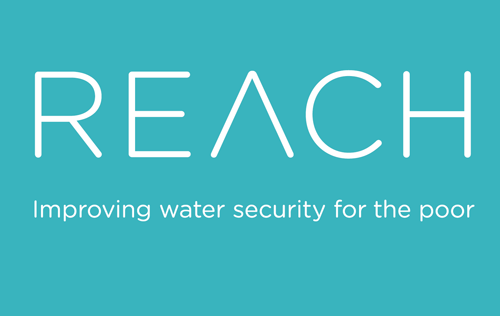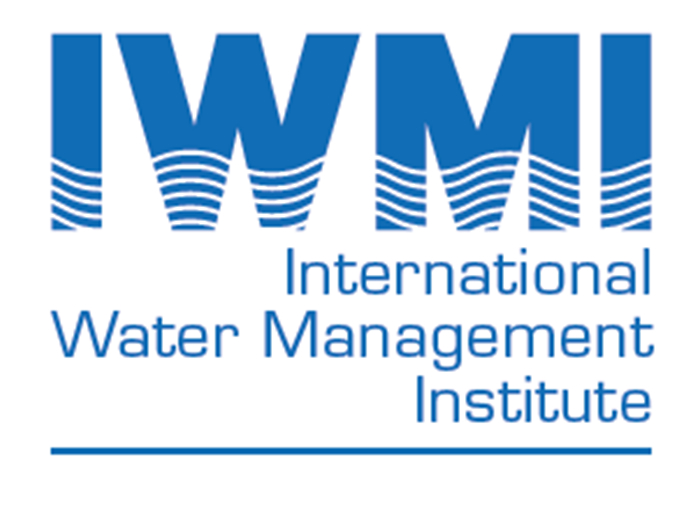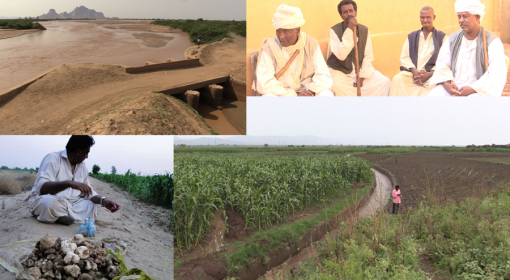June 15, 2017 : 1330 PM CET
Making Water Permits work for the poor in Africa
Date and Time
- June 15, 2017
Speakers
- Barbara van Koppen, International Water Management Institute- IWMI
- Barbara Schreiner, Pegasys Institute, South Africa
- Frank van Steenbergen, MetaMeta
Description
Across Africa, water permit systems are used as a tool to regulate and control water use. And yet, the implementation of these systems is not without challenges: they are resource-intensive, and require regular updating, and compliance monitoring and enforcement. In addition, their historical legacy and the way that they have been structured under contemporary legislation means that the water uses by rural and peri-urban small scale water users governed under customary law have largely been rendered illegal without a permit.
A recent study on and exchange of experiences by water authorities and researchers in Malawi, Kenya, South Africa, Uganda, Zimbabwe and elsewhere, identified both common challenges and some good practices in relation to how these systems can serve the water needs of poor rural communities. Other studies in arid/semi-arid regions have documented water allocation systems that have helped communities share and manage seasonal flows in ephemeral rivers, yet also highlighted the scope for improvement.
This Webinar will discuss the current status of water permit systems in 5 African countries (Kenya, Malawi, South Africa, Uganda and Zimbabwe) and the lessons learned from permit system implementation in these countries. . It will also discuss codification and optimization of traditional water allocation, as possible complement to water permits.The session will include discussion time on key issues arising from the research, as per the agenda below.
Agenda
- Presentation: The challenges of water permit systems for the poor in Kenya, Malawi, South Africa, Uganda and Zimbabwe
- Discussion, Q and A: How to make the water permit system work for the poor?
- Conclusion
Related Resources
- Project Outputs: Making Water Permits Work for the Poor in Africa
- Project Documents: Water Permit Systems: Addressing the Challenges
- Paper: Towards voluntary guidelines for people-centred land-water tenure- The untapped synergies between rights-based land and water governance
- Document: Spate Water Rights
- Video: The Challenge of Getting a Water Permit
 |  |  | |
{jcomments on}
